Whether you’ve just started working in B2B Marketing and need to wrap your head around things, or you’re a seasoned B2B pro looking to switch up your marketing strategy–you’ve come to the right place.
Leaning on years of experience crafting and executing B2B marketing strategies for our clients, here’s everything you need to know!
Feel free to jump around:
- What is B2B marketing?
- What are the 9 differences between B2B and B2C marketing?
- What are the components of a B2B marketing strategy?
- How to create a B2B Marketing Strategy
- B2B Marketing Strategies & Trends
What is B2B marketing?
Business to business (B2B) marketing is when businesses promote and sell products or services to other businesses. It’s all about businesses engaging with one another to meet their specific needs and challenges.
What are the 9 key differences between B2B and B2C Marketing?
There are 9 differences between B2B and B2C marketing you should be aware of:
1. B2B vs. B2C Audience 
The most obvious difference between B2C and B2B marketing is their target markets. The ideal B2B audience, as the name suggests, is businesses. B2B marketing activities are aimed at decision-makers, key stakeholders, and purchasing committees within businesses. Whereas, business to consumer (B2C) marketing focuses on individual customers.
2. Purchase Process
The B2B sales cycle tends to be longer with more moving parts. Driven by larger transactions, involving multiple people, and heightened scrutiny. On the other hand, in B2C, the sales cycle is shorter. With a more straightforward decision-making process compared to B2B. One influenced by emotions and the immediate needs of the customer instead of a business.
3. Relationship Building
With B2B marketing, the emphasis is on creating strong relationships, trust, and credibility. This is achieved by networking, personalised interactions, and establishing long-term partnerships. On the flip side, B2C strategies make the creation of loyalty the priority. B2C does this by using emotional connections, and delivering engaging customer experiences. Which encourages repeat purchases!
4. Content and Messaging
B2B marketing focus is on creating detailed, high quality, educational content. Something that shows off your skills, knowledge, and problem-solving capabilities to target audiences.
However, B2C revolves around emotionally compelling content. Themes like storytelling, and persuasive messaging are used often. Aiming at the desires or addressing the immediate needs of the consumer market.
5. Marketing Channels:
There are several main channels in B2B marketing. They involve targeting professional networks, industry events, and using email and content marketing. On the B2C front, the main channels are social media, influencer marketing, advertising mediums (TV, radio, digital), and establishing a presence in retail spaces. It’s important to note, the channels mentioned are not unique to B2B or B2C and are used by both.
6. Brand Positioning:
As a B2B business, the focus is on demonstrating value. You do this by showing the return on investment (ROI), and how your products or services help businesses facing challenges. Or how you can enhance their operational efficiency.
In contrast, B2C messaging centres around showcasing emotional benefits, lifestyle enhancements, and a unique selling proposition (USP). All designed to resonate with the wants and needs of individual consumers.
7. Decision-Making Factors:
Understanding decision making factors is crucial for both B2C and B2B marketing. Firstly, B2B decisions rely on factors like cost, return on investment (ROI), efficiency, and long-term benefits. While B2C decisions are often swayed by emotions, social proof, brand reputation, convenience, and the appeal of immediate gratification. Knowing the factors which are important is crucial for success as a business.
8. Sales Approach:
A successful B2B sales approach uses relationship-based selling, consultative approaches, and the delivery of personalised solutions. Said solutions are crafted to address the specific needs of your businesses customer.
In contrast, B2C strategies use a more direct sales technique. Leveraging discounts, promotions, and impulsive purchasing triggers to engage with consumers. Any successful business will understand how to sell to their audience! It’s one of the fundamentals for success as a business.
9. Metrics and KPIs:
Metrics and KPI’s are an important for any marketing strategy. Why? This is because success metrics and statistics revolve around: lead quality, conversion rates, customer lifetime value, and customer retention. Allowing you to gain an important insight into the strong and weak points of your B2B marketing.
B2C on the other hand emphasises other metrics. Such as conversion rates, customer acquisition cost, average order value, and brand loyalty. Allowing B2C businesses to gauge marketing efforts and optimise performance going forward. Understanding why something has worked or failed, highlights any improvements you could make. Which is why metrics and KPI’s are so important.
What are the components of a B2B marketing strategy?
Target Audience: You should define your target audiences clearly! Understanding your audiences pain points, needs, and preferences will give you valuable information. Then you can tailor your marketing strategy effectively using this information.
Digital Presence: Every B2B company should have a strong digital presence. This includes paid ads, search engine optimisation, and a well-designed website. You can also build out your businesses digital presence with social media platforms.
Content Marketing: B2B marketing content is more informational and straightforward than B2C. This is because business purchase decisions are based more on bottom-line revenue impact. Making information and data very relevant for B2B conversions. Hence it’s importance in content marketing!
Tactics and Channels: There are lots of marketing tactics and channels. Some of these include email marketing campaigns, social media advertising, and paid search engine ads. All have the same goal of reaching your target audience. What works is completely personal. So trying different options and measuring them is important.
How to create a B2B Marketing Strategy
Understand Your B2B Buyer’s Journey
It’s important to understand the buyer’s journey and create marketing strategies that meet prospects at every stage of their buying process.
Focus on Your Funnel
B2B marketing often involves a longer sales cycle, and provides relevant, helpful, and persuasive content that attracts the attention of buyers. This should be the case at all stages of your funnel.
Human-Centric Approach
Despite B2B being business-to-business marketing, it’s essential to remember that you’re still communicating to individuals within a company. Effective B2B marketing pairs logic with emotions to connect with leads. Being personal works! It’s what sets you apart from other businesses.
The lines between B2B and B2C are blurred, making it tricky sometimes to see the differences. This means adopting B2C approaches can be viable for your B2B marketing. Such as a more personal and human-centric marketing strategy. This can really help your business stand out in the competitive digital space.
Establish an Ideal Customer Profile and TAM
Outline your ideal customer profile and Total Addressable Market (TAM). This just ensures that you target the right leads for your business.
B2B Marketing Strategies & Trends
Target Millennials
B2B marketers should target millennials because they’re a massive chunk of the workforce. They’re tech-savvy, open to new ideas, and spend a lot of time on social media. Connecting with them means getting on platforms they use and delivering content that’s quick and engaging. Plus, they’re the next generation of buyers. So reaching out to them now can set up lasting relationships for your business.
Account-Based Marketing (ABM): Personalised Engagement for High-Value Accounts
Account-based Marketing (ABM) is when marketing gets tailored for specific high-value accounts or businesses. Instead of a wide range, ABM uses a more personalised approach. Meaning this strategy is more resource effective as your marketing is focused on a small amount of accounts. This creates strong relationships with your prospective customers. Something that is crucial in B2B marketing! You build these relationships by delivering personal solutions to meet the needs of your target market.
Content Marketing: Authority through Information
Content marketing involves creating and posting valuable, relevant content to attract and engage leads. The aim is to provide information or entertainment to your audience. This content will not only capture their attention but also create trust and credibility. This is how businesses build relationships with audiences. You’ll also create an online personality for your business in your target market…
On top of this, content marketing gives you the chance to educate your audience through content. This makes your business come across as experts in your industry. This builds brand authority and indirectly qualifying leads. Which will drive desired actions such as brand loyalty or product purchases.
Influencer Marketing: Leveraging Industry Authorities
Influencer marketing is a B2B strategy where businesses collaborate with social media influencers in specific niches. The goal is to leverage their reach and credibility to create awareness for your business. The benefits include: engagement with potential clients, making your brand top-of-mind and amplifying your content’s reach. Your target audience trusts the influencers they follow. So promoting your business services through them helps humanise your brand. Which then helps build trust and drives consumer actions, like making a purchase.
Professional Alliances: Harnessing the Power of Social Media Channels
Professional alliances are partnerships or collaborations between individuals or businesses. These alliances are made to benefit each other’s expertise, resources, or networks. The goal is to enhance the capabilities or opportunities of everyone involved. Allowing for cross promotions, which are a cost effective method to promotion and heighten your credibility through association.
Also, by providing a diversification of offerings, you can extend past your own services for clients. A trick which works both ways! As to be expected, your partnerships will also send you new business via the exact same way.
B2B Marketing Channels to Enhance Your Business
Email Marketing: Nurturing Relationships and Generating Leads
Email marketing is beneficial because it provides a direct and personalised way to communicate with your audience. Allowing you to reach customers effectively! Giving you the ability to deliver targeted messages which can be personalised to your prospects preferences.
With the ability to segment your audience and track performance. Email marketing helps you build and nurture customer relationships over time. It’s cost-effective and efficient for promoting products or services, driving engagement, and contributing to the overall success of your business.
Search Engine Optimisation (SEO): Organic Visibility for Targeted Audiences
Search Engine Optimisation (SEO) is beneficial to your business for a whole host of reasons. Firstly, it helps your website get discovered more easily by people searching online. By optimising your website’s content and structure, SEO improves its visibility on search engines like Google. This means potential customers can find your business easily when looking for products or services you offer. Essentially, B2B SEO enhances your online presence! All while driving organic traffic to your website, and building credibility and trust with your audience.
Paid Advertising: Targeting Specific Business Audiences
Paid advertising is useful because it provides a direct and strategic way to reach your target audience. By investing in paid campaigns, such as Google Ads, you can increase the visibility of your products or services to specific demographics. Meaning you reach people likely to be interested in what your business is offering. This targeted approach helps maximise the impact of your marketing strategy!
An effective strategy using paid ads can push potential customers to engage with your business. Also, paid advertising offers measurable results! Allowing you to analyse the performance of your campaigns and optimise them for better outcomes. Making it a valuable part of your marketing strategy.
The Keys to Sustainable Growth, 9 B2B Best Practice Tips
Understand Your Audience: The Foundation to Effective B2B Marketing
Understanding your audience is crucial for success. Your audience is what empowers your business. This understanding gives you new options your B2B marketing. Such as valuable insights, enabling targeted communication, tailored products or services, and building lasting relationships for sustained success. In essence, understanding your audience is like having a compass that guides your businesses marketing. Ensuring you provide value where it matters most!
Personalisation: Tailoring Messages for Major Impact
Personalisation is key for your business. Delivering customised experiences that resonate with leads will always yield great results for your business. Such as higher engagement rates which drives customer satisfaction. This results in increased loyalty and growth for your business as you’re conversion rates rise. In summary, personalisation is needed to build long lasting, meaningful relationships with your B2B audience.
Data-Driven Decision Making: Leveraging Analytics for Strategic Insights
Marketing analytics is a game-changer! It provides data-driven insights so you cab fine-tune strategies, optimise campaigns, and maximise returns. This way you can guarantee every marketing effort your business makes is impactful and efficient. Leveraging your marketing data is crucial for gaining insights into B2B marketing performance.
Customer Relationships: More Than Just a Transaction
A good customer relationship will create trust, loyalty, and repeat business. By understanding and meeting customer needs, you build a foundation for sustained success. Some B2B marketing activities such as referral campaigns and social proof materials (reviews, testimonials, etc) are reliant on good customer relationships. It comes as no surprise solid customer relationships are important for B2B marketing and brand identity.
Sales and Marketing: The Unified Approach to Success
Aligned sales and marketing is a business booster! It streamlines communication, enhances efficiency, and ensures a cohesion. Resulting in powerful synergy that drives conversions, revenue, and overall success. Both areas are some of the most important in business. Having them operate at maximum potential will have such a positive impact on your business.
Continuous Innovation: Adapting to the Evolving Business Landscape
Constant innovation in B2B marketing is a business catalyst. It keeps your strategies fresh, adapts to evolving markets, and ensures you stay competitive. Innovation fuels growth and maintains your relevance in your industry. Meaning you won’t become outdated and your B2B marketing methods stay up to date.
Educate and Inform: Building Trust through Thought Leadership
Effective leadership in B2B marketing is a game-changer. Good leadership will inspire your marketing team, creates collaboration, and guides strategic decision-making. Strong leadership sets the tone for innovation, adaptability, and overall success. Building the foundation for growth and success inside your businesses B2B marketing.
Streamlined Customer Journey: Enhancing Satisfaction and Loyalty
A streamlined customer journey is a business blessing. It simplifies the path from discovery to purchase, reducing friction, and enhancing satisfaction. A seamless buying process will keep customers happy and boost loyalty. Resulting in the success and growth of your own business. The customer is always your focus. Making as many things possible easier for them will always pay back dividends.
Agile Adaptation: Flexibility in Response to Market Shifts
Flexibility in B2B marketing is a strategic advantage. It allows you to adapt to changing market dynamics, seize opportunities, and stay responsive to any customer needs. Being flexible ensures your marketing remains effective and aligned. Similarly, like innovation, speed matters! Having fast reflexes as a business means you’ll be in the best position for marketing trends.
Using Tech for B2B: Embracing the Digital Evolution
Integrating tech in B2B marketing is a smart move for your business. It enhances efficiency, automates processes, and provides valuable insights. Using technology not only saves time but also boosts your marketings impact. Meaning you stay ahead in the competitive business to business market! Driving growth and success for your B2B marketing.

- Customer Relationship Management (CRM) Software
- Marketing Automation Tools
- Data Analytics and Business Intelligence Tools
- Content Management Systems (CMS)
- Account-Based Marketing (ABM) Platforms
- Social Media Management Tools
- Chatbots and AI-Powered Communication
- Search Engine Optimisation (SEO) Tools
- Virtual Events and Webinar Platforms
- Blockchain for Data Security
It’s important to note that although tech is fantastic with amazing applications… It doesn’t replace the human element in B2B marketing. Just enhances it!
Navigating the Future of B2B Marketing
As you will see in your B2B marketing journey, technology becomes a massive help for sustained growth and relevance… Tech takes care of the mundane tasks for you. Allowing your creative side to blossom, as your businesses makes a name for itself. The future will be shaped by creative, unique content from people like yourself!
To conclude, mastering B2B marketing requires an understanding of its aspects. Learning its definition; applicability, distinctions from B2C, strategic approaches, and best practices is what drives success. By providing you with the definition of B2B marketing and all the extra info you need. I feel more than confident you are now equipped to thrive in the world of B2B marketing.
B2B Marketing FAQs
What are the 4 pillars of business to business marketing (B2B)?
The 4 pillars of business to business marketing (B2B) are: product, price, place and promotion.
What are the 4 types of B2B marketing?
The four types of B2B marketing are:
- Content Marketing: Creating valuable content like blogs, videos, or infographics to attract and educate potential business customers.
- Digital Marketing: Using online channels such as social media, email, and websites to reach and engage with B2B audiences.
- Account-Based Marketing (ABM): Tailoring marketing strategy towards specific high-value accounts or companies rather than casting a wide net.
- Inbound Marketing: Drawing in prospects by providing valuable information or solutions, rather than chasing them through traditional advertising.
What does B2B mean in digital marketing?
In digital marketing, B2B means “business-to-business.” Meaning companies sell products or services directly to other businesses instead of individual consumers. So, the focus is on marketing strategies aimed at attracting and engaging target companies.
What is B2B field marketing?
B2B field marketing is about taking marketing strategies directly to the turf. So going out into the field—meeting clients face-to-face at events, trade shows, or meetings. It’s all about building relationships and making personal connections to promote products or services to other businesses.
What are some business to business marketing (B2B) examples?
Three examples of business to business marketing (B2B) are: Targeted email campaigns, content marketing for lead generation and LinkedIn advertising for industry networking.

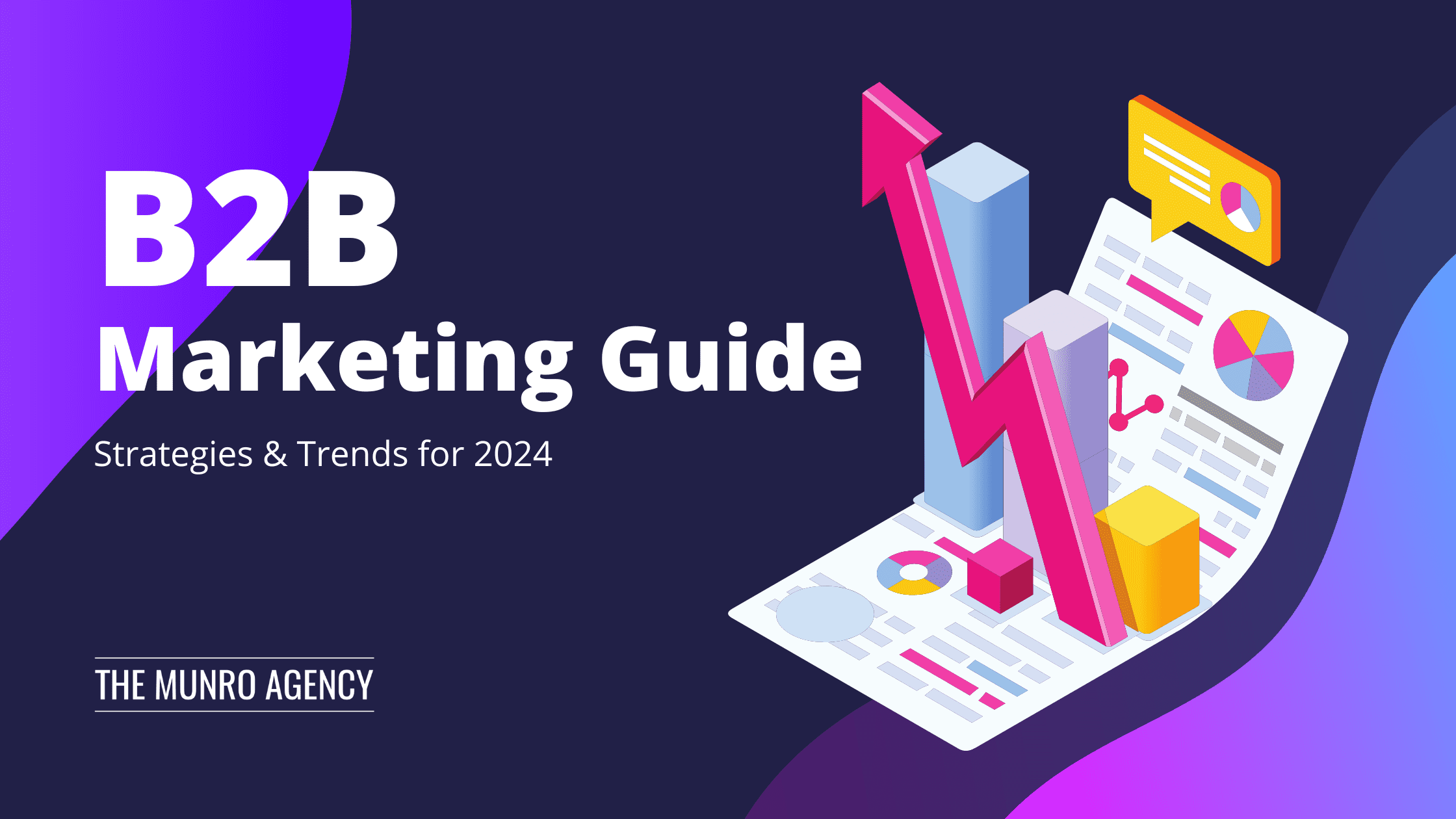



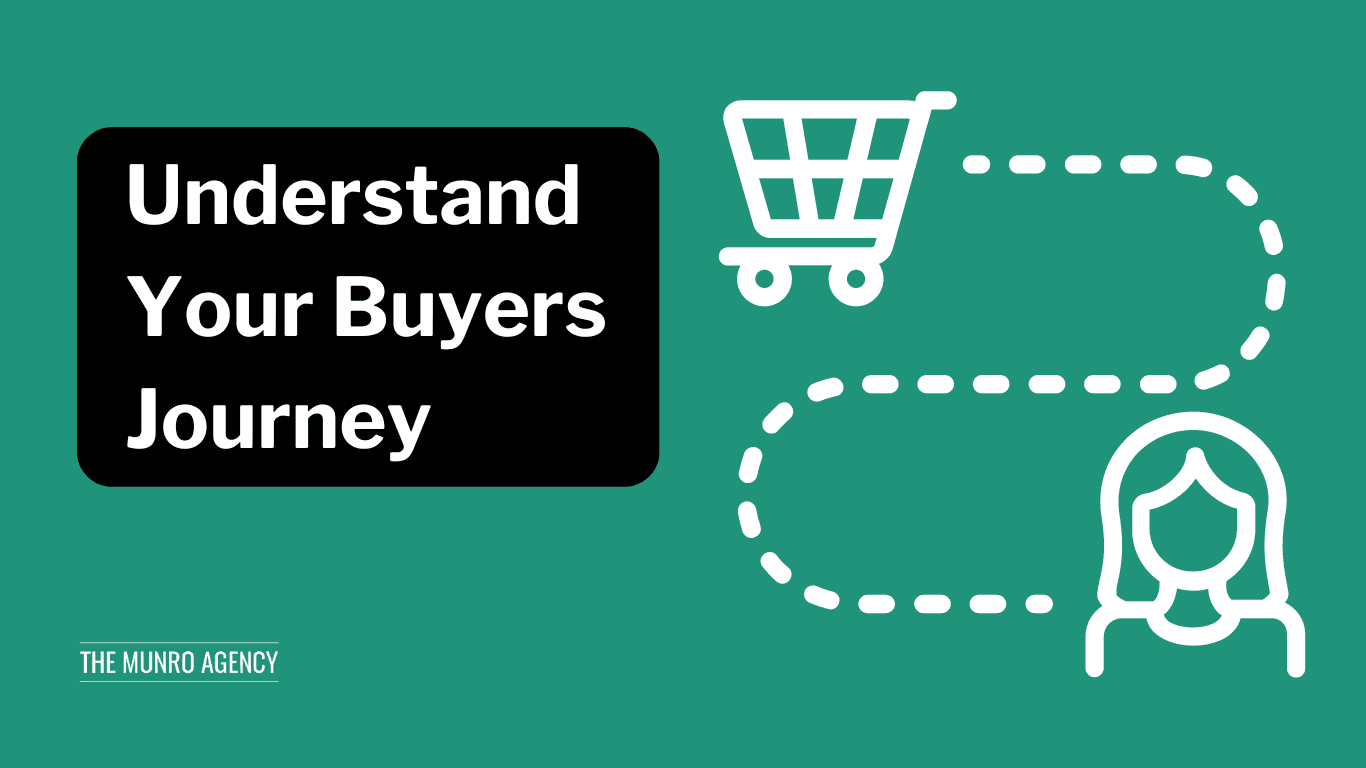


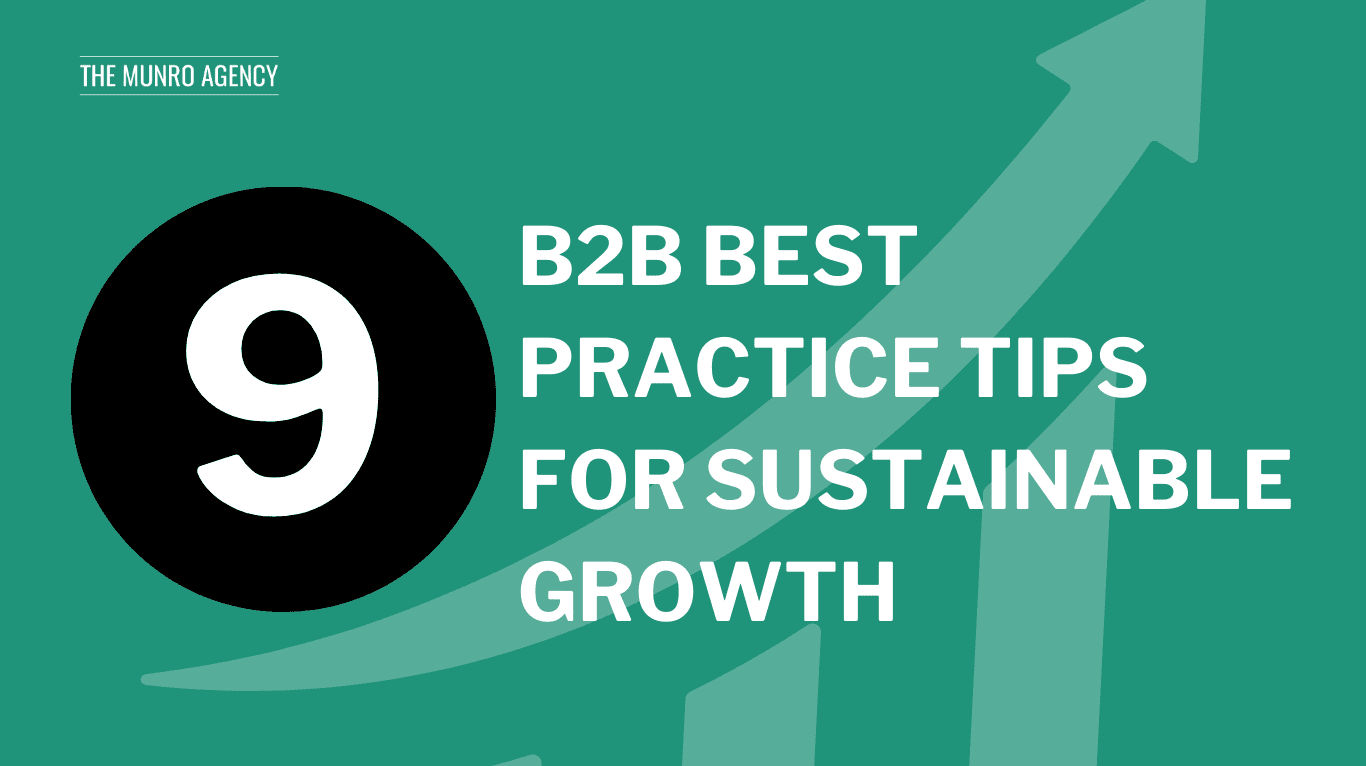
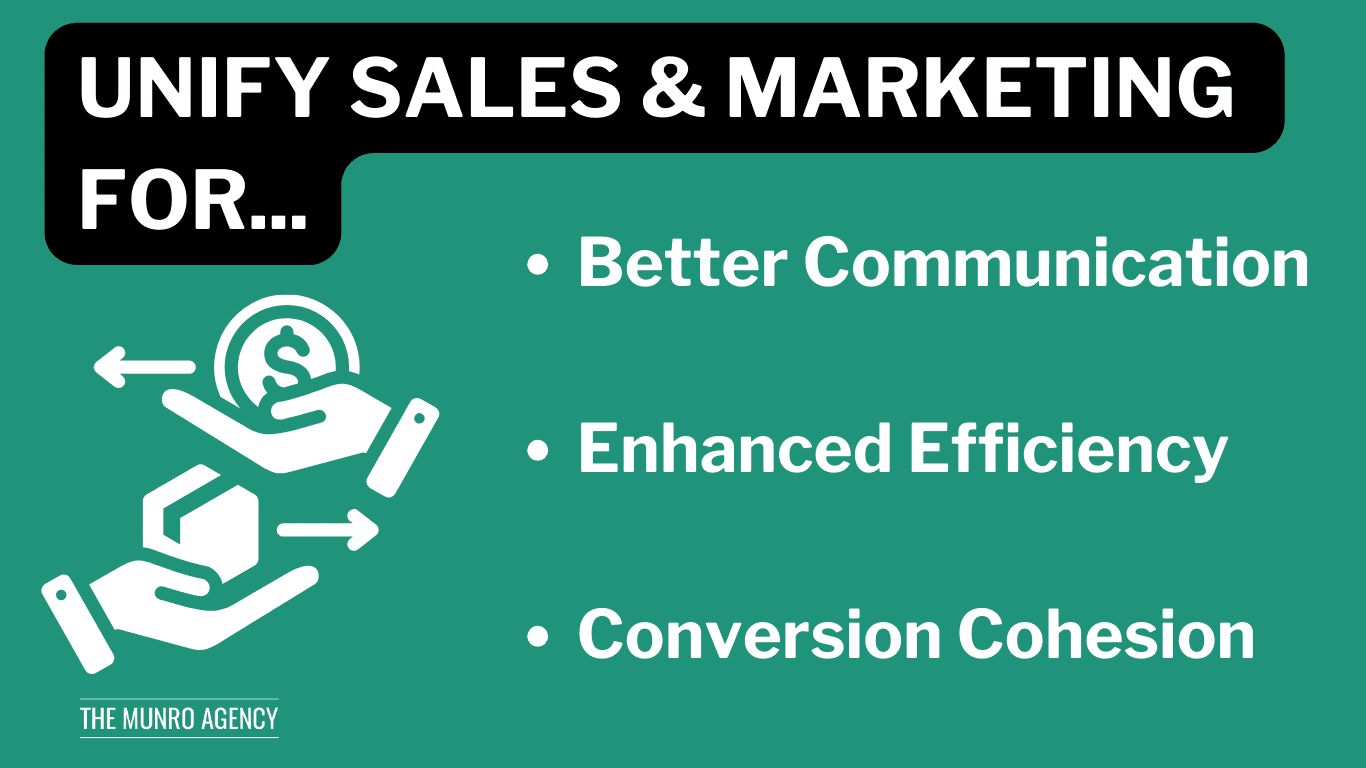
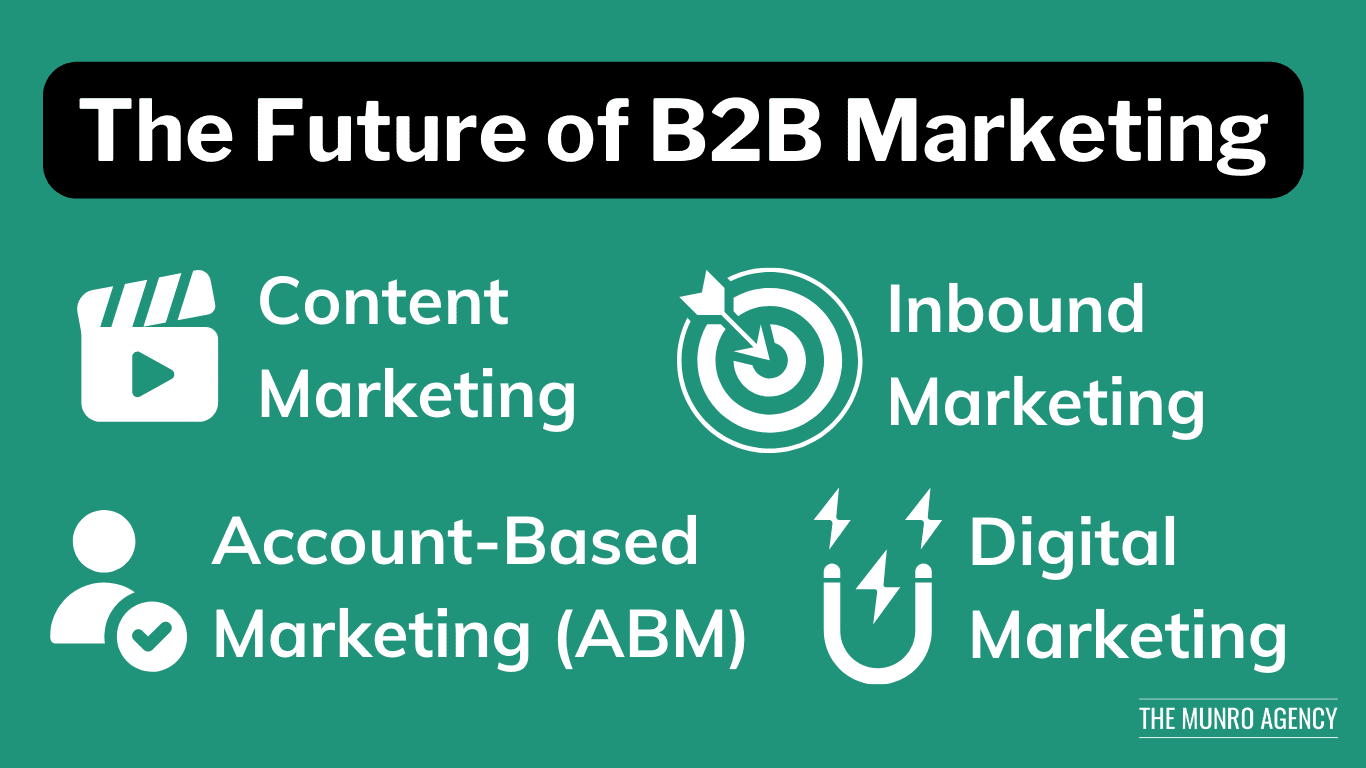

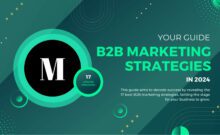

Leave a Comment